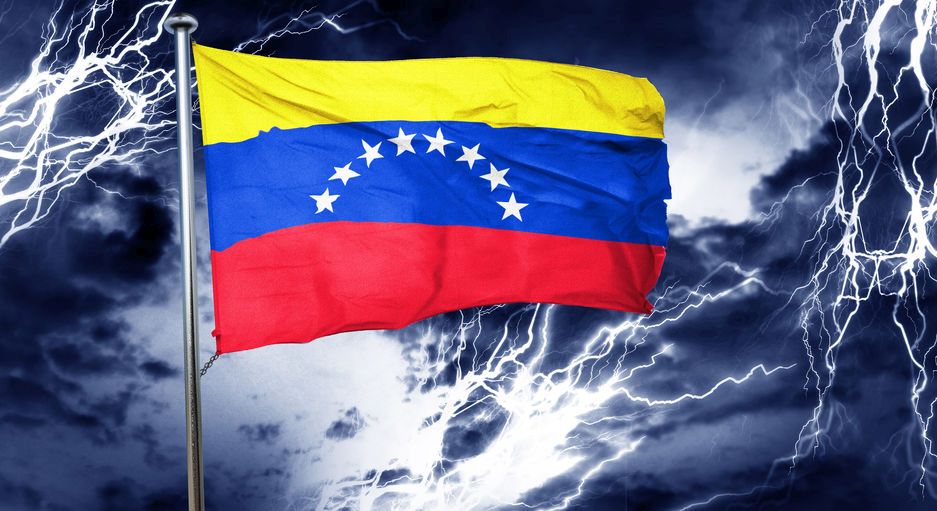An iconic natural feature of Venezuela is Catatumbo lightning. The world’s hotspot for the most frequently occurring lightning is where the Catatumbo River empties into Lake Maracaibo in northwest Venezuela. Lightning occurs there an average of 140 to 160 nights per year according to some sources, and 260 nights per year, according to others. When the lightning occurs, it is extremely intense, resulting in up to 300 strikes per hour. The lightning is most frequent in October, and least frequent in the January-February dry season.
We highly recommend you do an Internet search for Catatumbo lightning. Read about it and watch the videos – it is quite cool.
While reading about the phenomenon, we noticed an article that mentioned occasional lapses in the lightning. The article mentioned that the last notable pause in the lightning occurred between January and March 2010. Knowing climate alarmists and drive-by global warming-blaming as we do, the first thought that occurred to us is that alarmists and their media allies likely blamed the pause on global warming. So we decided to check it out.
Sure enough, our Internet search immediately found an alarmist 2010 article published on the prominent, official French government news site France 24. Titled, “Climate change threatens unique tropical lightning storm,” the 2010 article speculated that “man is also suspected of playing a part” in the then-occurring pause. The article also asserted that the continuing existence of the lightning is in danger due to global warming.
The lightning quickly resumed after the article was published, however, and continues unabated to this day. Did France 24 publish a follow-up article noting this? Of course not. People were, and still are, falsely led to believe that global warming threatens the Catatumbo lightning, and nine years of real-world evidence shows the lightning continues to this day.
Moreover, even France 24 admitted that the lightning similarly paused in 1906 – 100 years of global warming ago when temperatures were quite cooler than today. If warm temperatures caused the 2010 pause, did cool temperatures cause the 1906 pause? France 24 swept that obvious point under the rug, as alarmists frequently do.
So, iconic Venezuelan lightning paused briefly in 1906 and 2010. Alarmists blame global warming in 2010 while ignoring cool temperatures surrounding the 1906 event. Irresponsible drive-by climate alarmism strikes again!
